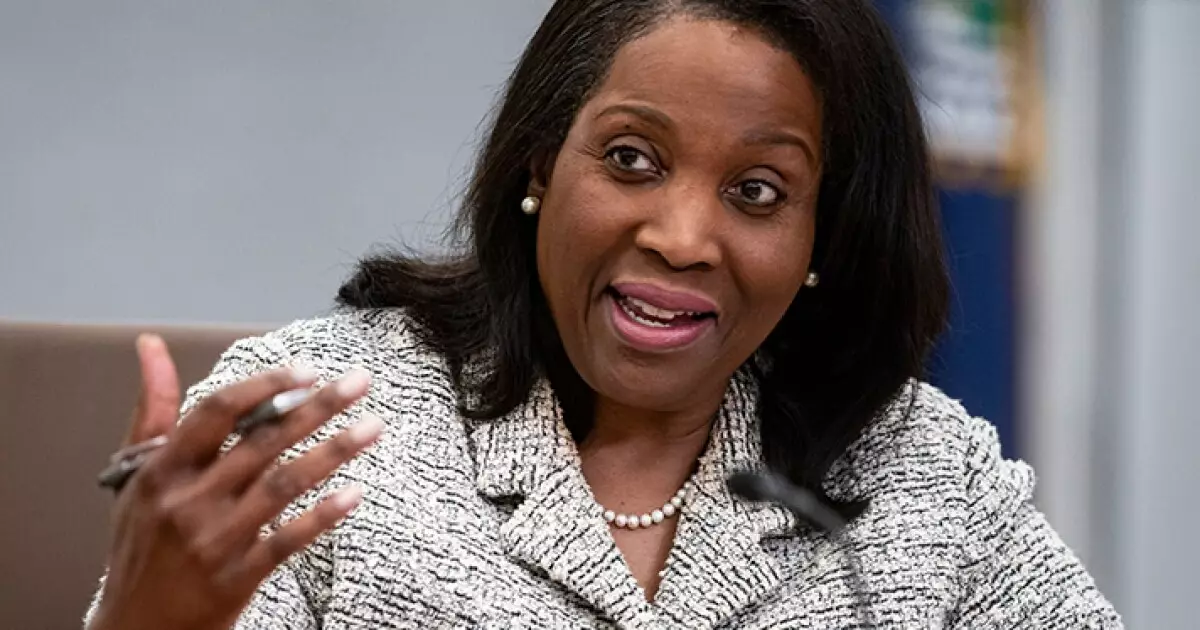Federal Reserve Governor Lisa Cook recently emphasized the importance of a cautious approach to cutting interest rates in the United States. The central bank has maintained its rates at a two-decade high, signaling a need for further evaluation before making any drastic changes. Cook highlighted the need for allowing more time for inflation to slow down in certain segments of the economy, suggesting a delicate balance in monetary policy.
Despite the high borrowing costs, the U.S. economy has shown resilience with consistent growth. Employers have been adding significant payrolls over the past months, showcasing a strong labor market. The Fed officials have revised their growth outlook for 2024, reflecting positive expectations for economic expansion. However, the inflation rate has been a point of concern, surpassing economists’ expectations in the early months of the year. This unexpected rise has led to a delay in the anticipated rate cut, with investors now looking towards June for potential adjustments.
Governor Cook’s remarks underscore the need for a careful approach to monetary policy adjustments to ensure price stability. While acknowledging the challenges posed by inflation, Cook believes that a cautious stance can lead to sustainable economic growth while maintaining a robust labor market. As a newly appointed member of the Fed board, Cook brings an academic background in economics, further emphasizing the importance of thoughtful policy decisions.
Federal Reserve officials hold varying views on the future trajectory of interest rates. Atlanta Fed President Raphael Bostic anticipates just one rate cut for 2024, while Chicago chief Austan Goolsbee and other policymakers are still leaning towards three reductions this year. These differing opinions reflect the complexity of economic forecasting and the need for a comprehensive evaluation of various factors influencing monetary policy decisions.
The Federal Reserve’s cautious approach to cutting interest rates in response to economic indicators reflects a thoughtful and deliberate strategy aimed at promoting long-term stability. With a focus on balancing inflation, economic growth, and employment, Fed officials are tasked with making challenging decisions to navigate uncertain economic conditions. As the economy continues to evolve, policymakers will need to adapt their strategies accordingly to ensure a resilient and sustainable financial system.

